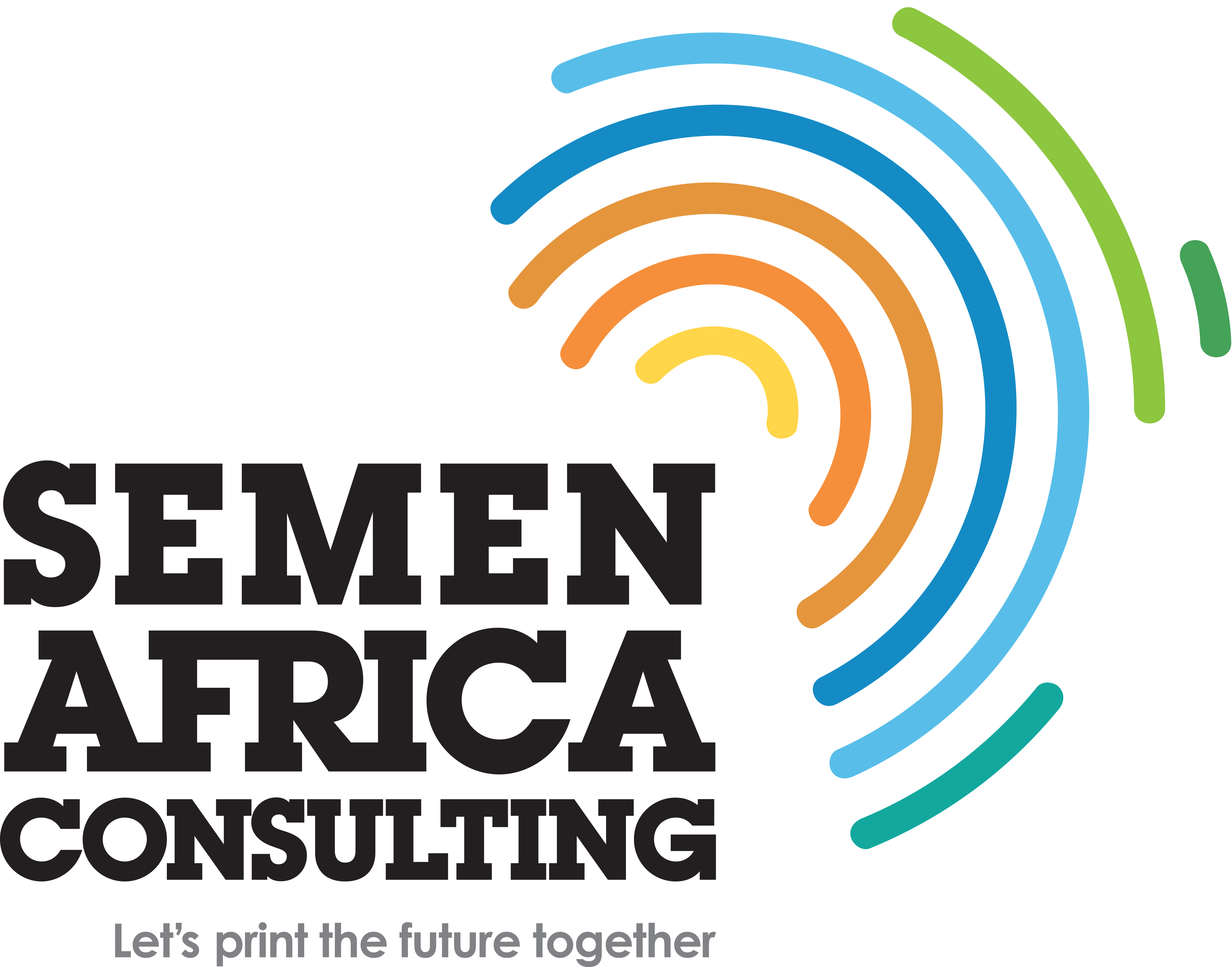Health systems in sub-Saharan Africa reflect chronic technical and human underdevelopment. A better understanding of these deficiencies is essential to bring the African health economy closer to international standards, which have been steadily rising in recent years thanks to major medical advances. This public health issue goes beyond the African continent. It is one of the major challenges of tomorrow, which the world must rise to if it is not to upset the increasingly fragile social and geopolitical balance of the world.
The health care system in sub-Saharan Africa: what has been achieved?
By any health criterion, sub-Saharan African countries consistently rank near the bottom. Is this inevitable?
An ailing healthcare system with mixed results
If we take the WHO’s Universal Health Coverage Service Coverage Index as the only synthetic criterion, the last 5 places are currently occupied by African countries: Somalia, Chad, Madagascar, South Sudan and the Central African Republic. Despite constant efforts, the health backwardness seems immutable.
And yet, the causes of this delay have largely been identified. While the whole world has benefited from spectacular progress in recent years, sub-Saharan Africa has faced additional challenges, chief among them the emergence of new epidemics (HIV, Ebola, SARS-Cov-2…) and the resurgence of existing diseases (tuberculosis, malaria…). Recurrent political crises, lack of education and endemic poverty have also limited the scope of international aid.
Admittedly, real progress has been made in HIV screening and treatment, vaccination, malnutrition prevention, malaria prophylaxis… But there are still major differences between territories, with French-speaking countries having integrated health promotion policies less well. Within each country, results are also heterogeneous, with a clear gap between rural and urban areas, the latter being home to a population that is better educated and easier to reach.
While communicable diseases are generally under control elsewhere in the world, sub-Saharan Africa continues to struggle to control them, with the major risk of a “double whammy” in the long term.
Non-communicable diseases on the rise in sub-Saharan Africa
The tropical climate is a major cause of health and nutrition problems, with endemic vector-borne diseases such as yellow fever, malaria and filariasis…. In the long term, climate change is likely to aggravate these pathologies, while encouraging the emergence of new zoonoses, implying new and even more complex means of control.
Even if promising advances have been made in vaccination (malaria, chikungunya…), the eradication of infectious or parasitic diseases is far from a foregone conclusion. This is a real problem, at a time when another challenge is already emerging for sub-Saharan Africa: that of non-infectious diseases.
Indeed, according to a WHO report (2022), non-communicable diseases such as diabetes, cancer and cardiovascular pathologies are rising rapidly in Africa, with the mortality rate rising from 24% in 2000 to 37% in 2019. By 2045, the African continent could have nearly 45 million diabetics, adding a new challenge to an already failing healthcare system.
Continuing the fight against communicable diseases, and slowing the development of non-infectious diseases: such is the dual urgency that is emerging.
Innovating to better respond to health challenges in Sub-Saharan Africa
For many specialists, this failure of health policies in sub-Saharan Africa is partly the result of a failed decolonization process, which fostered a form of epistemic injustice. The lack of reflection has prevented the rethinking of a new healthcare system, leading to an accumulation of organizational, human and material dysfunctions. The priority, therefore, is to reflect on a new quality management system, adapted socially, culturally and politically to the African sub-continent.
Do not dissociate health economics and quality of care
While the African continent alone accounts for 25% of the global burden of disease, it is home to just 1.3% of healthcare professionals, demonstrating that a huge effort needs to be made in terms of training. But having qualified personnel and high-performance equipment is not enough: an appropriate healthcare offer must guarantee a set of controlled processes, in line with international recommendations.
To this end, it is essential to integrate ISO 9001 standards into the healthcare offering, guaranteeing a systematic and rigorous control policy.
A medical industry focused on the digital revolution
Technological advances in medicine and surgery have been spectacular in recent years, with the development of less invasive techniques favoring outpatient care. Care provision must take advantage of advances in digital health, from e-learning training to telemedicine diagnosis.
According to the WHO, these new digital offerings should make it possible to achieve the “triple billion” objective: universal health coverage for a further billion patients, better protection against health emergencies for a further billion people, and improved health status for a further billion patients.
A local medical offering
Sub-Saharan Africa’s structural problems (infrastructure, security, transport, etc.) are conducive to the development of veritable medical deserts. To remedy this situation, we need to develop new forms of home-based support, integrating territorial and associative care networks, in which state structures and NGOs must play their full role.
What are the prospects for health financing in sub-Saharan Africa?
For all these reasons, health system financing remains a crucial issue in Africa. Few states have achieved the objectives of the Abuja Declaration (2001), allocating 15% of their budget to health.
Aware of these difficulties, the major international organizations have launched ambitious programs. However, the WHO, the UN, the World Bank and the EIB all have stringent requirements in terms of traceability and efficiency: every dollar donated must go to the right place and produce measurable results.
This health investment in African markets is therefore part of a global political, health and economic approach.
This institutional commitment also aims to encourage more substantial private investment, through charitable associations or investor partners.
These economic players, in search of ethical and efficient investment, need to be accompanied by local advisors, to seize the right economic opportunities and understand the local cultural and political stakes – essential conditions for a relevant and efficient financial investment.
This is where the expertise of a business intelligence and medical management consultancy like SEMEN AFRICA CONSULTING comes into its own.
Taking an interest in the medical and healthcare industry in African markets means taking part in what must be one of the major challenges of the years to come, by reconciling economic opportunities with a responsible approach.
POUR EN SAVOIR PLUS :
- Ranking of countries by index of coverage of essential health services in the world
- Health promotion in sub-Saharan Africa
- Mortalité et sante en Afrique subsaharienne
- The State of Health System(s) in Africa: Challenges and Opportunities
- Deaths from non-communicable diseases on the rise in Africa
- Contemporary health issues in the Sahel
- Africa: a general assembly to revive the health sector
- The challenges of healthcare in Africa: the role of digital technology
- International Journal of Development Studies
- Ethiopia: EIB provides EUR 1 million in technical assistance to support the primary healthcare system



